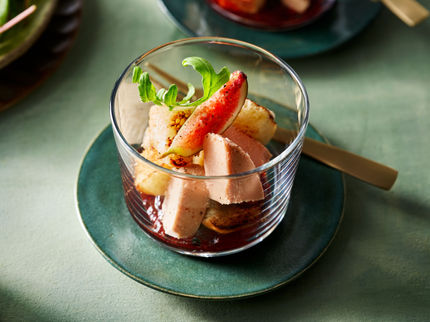The end of calf igloos: is an EU-wide ban imminent?
New EFSA scientific opinion recommends group housing of calves instead of individual stalls
The scientific opinion of the European Food Safety Authority (EFSA) published on March 29 criticizes the individual housing of calves in so-called "calf igloos". Moving away from individual housing is at the heart of the recommendations for the future housing of young calves in the EU.
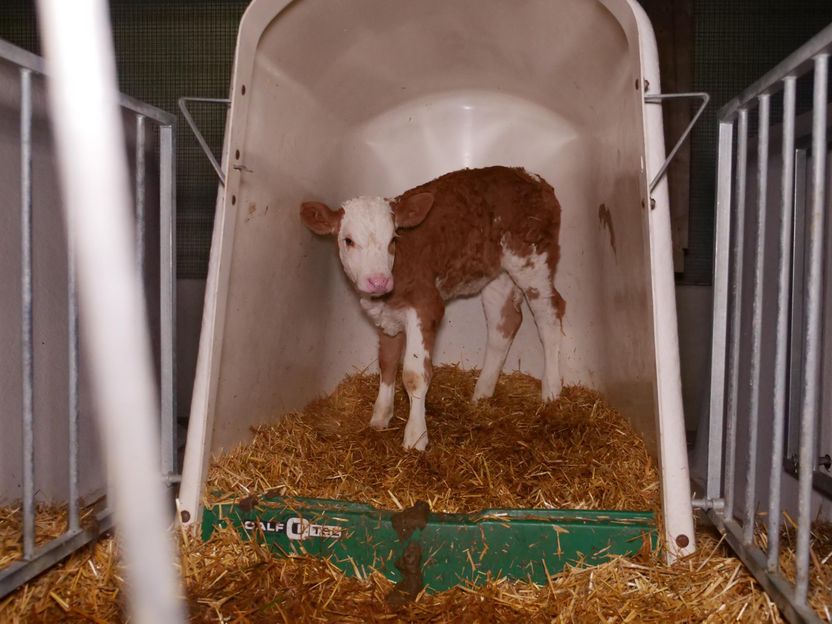
The end of calf igloos: is an EU-wide ban imminent?
VGT.at
Group housing instead of individual stalls
The Austrian Animal Welfare Act currently allows calves less than eight weeks old to be kept individually. From eight weeks, calves must be kept in groups, unless there are fewer than six calves on the farm. In many places, young calves in particular are therefore housed in individual pens - plastic igloos are often intended to provide protection from the weather. Although the side walls of the individual pens are supposed to allow eye and touch contact, species- and age-specific behaviors often cannot be acted out in individual housing. EFSA's recommendation after extensive studies: calves should be kept in groups with 2-7 animals of similar age immediately after separation from their mothers. The amount of space per animal should also be increased. According to the recommendations, at least 3m² are necessary for calves to be able to lie down in a relaxed manner - at least 20m² are needed if play behavior is also to be made possible. Currently, the Animal Welfare Act in the 1st Animal Husbandry Ordinance only provides between 0.96-1.6m² per calf in individual pens (depending on age).
Contact with the mother and other recommendations
Most calves of dairy cows are separated from their mothers immediately after birth. This is contrary to animal welfare, as the EFSA opinion now confirms. Cow mothers and calves should be allowed to stay together for at least one day to alleviate isolation stress in the animals. This has long been demanded by animal welfare activists. The provision of sufficient roughage and soft bedding for the calves are further components of the scientists' recommendations.
Recommendations must flow into laws
The VEREIN GEGEN TIERFABRIKEN was involved in the EU citizens:inside initiative "End The Cage Age", which was able to hand over more than 1.4 million signatures to the EU Commission in 2019. In it, among other things, the individual keeping of calves was criticized. With the end of 2023, the final animal welfare reforms at EU level, which were initiated by the initiative as well as by the "Farm-to-Fork" strategy ("From farm to table"), are now to be presented. Meanwhile, the VGT insists on mandatory legislative changes instead of toothless "recommendations".
VGT-Campaignerin Isabell Eckl in addition: We see from the example of Austria that important animal protection concerns must be implemented in strict animal protection laws instead of voluntary recommendations. The agricultural animal husbandry, in this case the milk production and calf fattening, are subject to the profit striving - the animals must be protected by laws, not by the voluntariness of individual Landwirt:innen. A ban on keeping calves individually is an enormously important step in the right direction! To put newborn babies completely alone in a box is simply not okay!
Note: This article has been translated using a computer system without human intervention. LUMITOS offers these automatic translations to present a wider range of current news. Since this article has been translated with automatic translation, it is possible that it contains errors in vocabulary, syntax or grammar. The original article in German can be found here.
Most read news
Other news from the department business & finance

Get the food & beverage industry in your inbox
By submitting this form you agree that LUMITOS AG will send you the newsletter(s) selected above by email. Your data will not be passed on to third parties. Your data will be stored and processed in accordance with our data protection regulations. LUMITOS may contact you by email for the purpose of advertising or market and opinion surveys. You can revoke your consent at any time without giving reasons to LUMITOS AG, Ernst-Augustin-Str. 2, 12489 Berlin, Germany or by e-mail at revoke@lumitos.com with effect for the future. In addition, each email contains a link to unsubscribe from the corresponding newsletter.
Most read news
More news from our other portals
Last viewed contents

Michter's First release of the 20-year-old bourbon in two years

Being proactive reduces sense of job insecurity - For some workers, the level of job insecurity increases as the contract get closer to expiring

Some plant-based steaks and cold cuts are lacking in protein
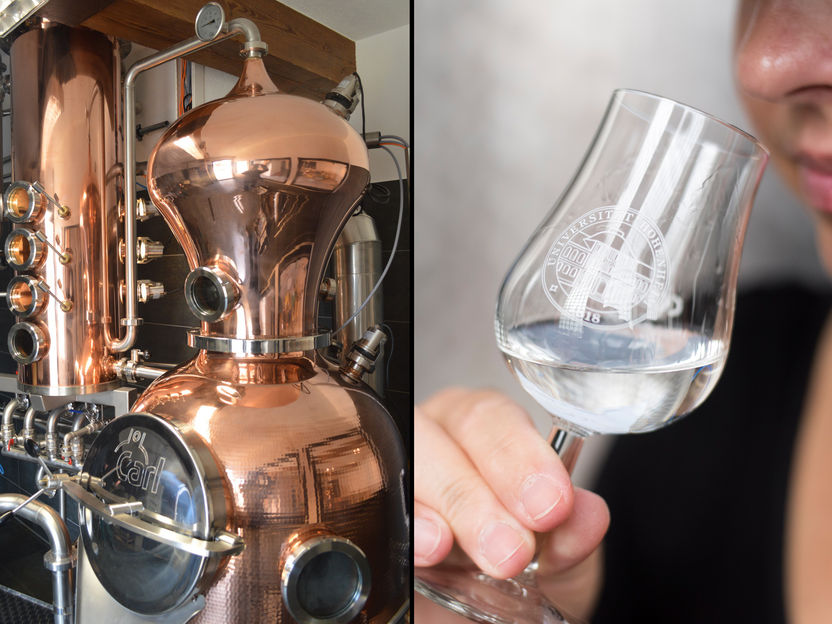
Big Data for fruit brandies of consistently high quality - Digitalization allows a view into the black box, the distillation plant

Shift-work causes negative impacts on health - Men and women affected differently

Carlsberg launches new global campaign with Mads Mikkelsen

Smoothie-Bar SMO on growth course - Successful as a small brand under the umbrella of LSH subsidiary Nutrisun
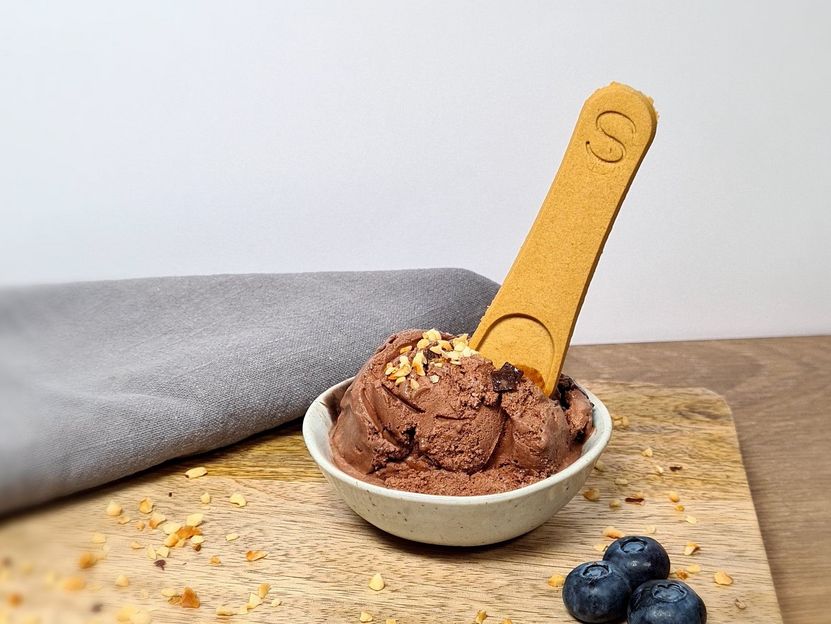
New edible spoons at Spoontainable - New spoon shape and recipe of Spoonie classic
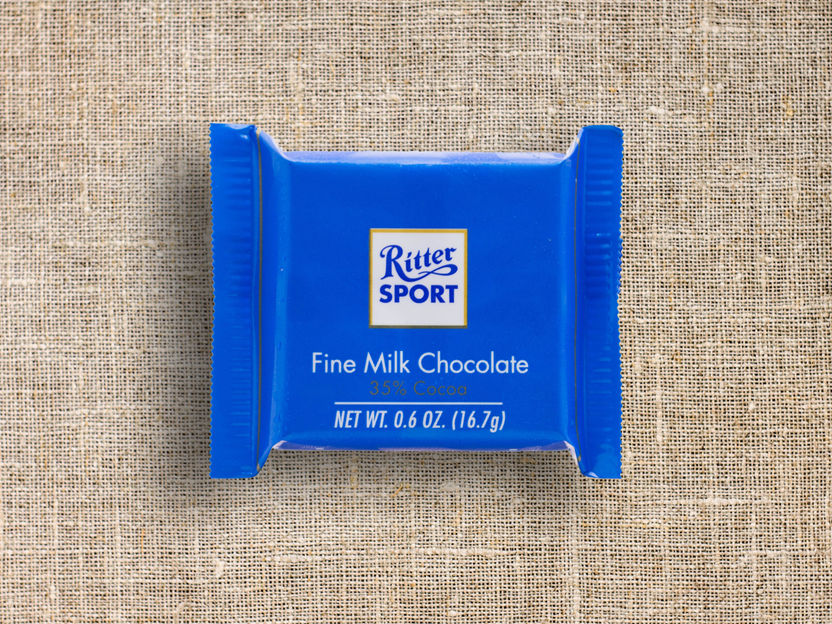
Square, practical, inimitable - Ritter Sport remains protected - BGH ruled on Milka lawsuit
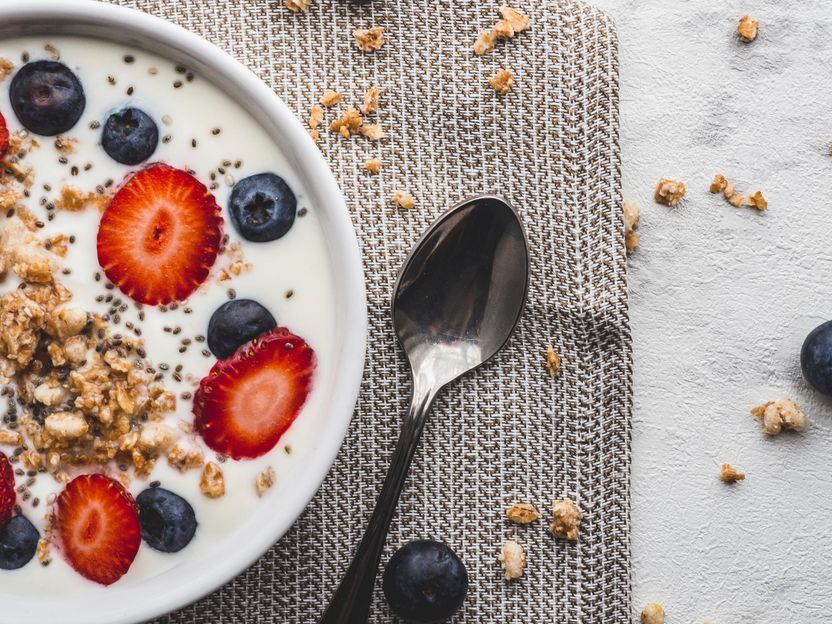
Dairy or not, yogurt set to break the US$100bn mark

Specify bottle deposit extra? - Probably a clear case for the Federal Court of Justice

